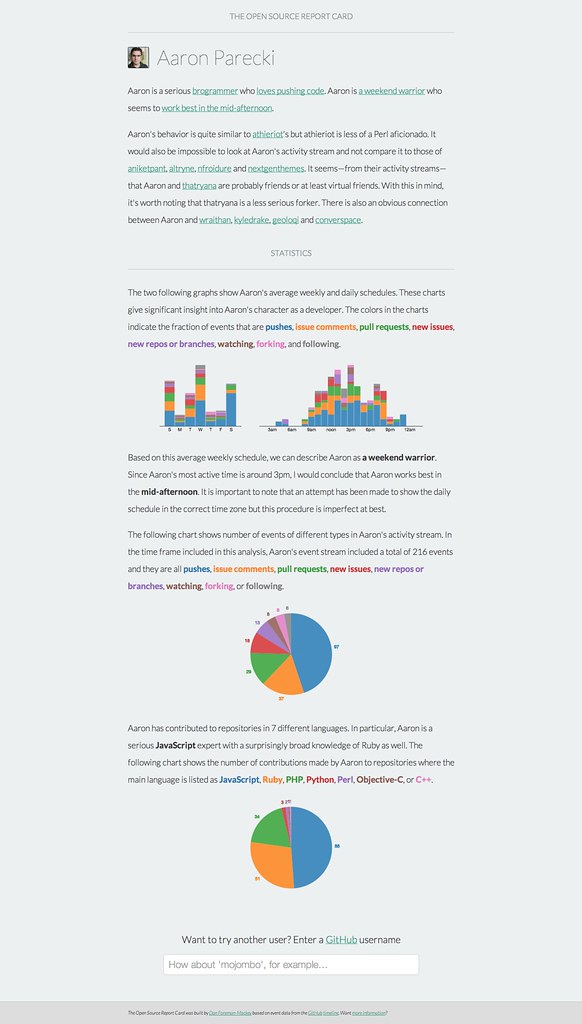Unveiling the Power of Design for Manufacturing (DFM) Analysis

In the ever-evolving landscape of product design and manufacturing, optimizing the design process is crucial for achieving efficiency, cost-effectiveness, and superior product quality. One essential tool in this realm is Design for Manufacturing (DFM) analysis. This blog will delve into the significance of DFM analysis, exploring its key principles, benefits, and how it plays a pivotal role in shaping the future of product development.
Understanding Design for Manufacturing (DFM): DFM is a systematic approach that focuses on optimizing the design of a product to enhance its manufacturability. The goal is to streamline the manufacturing process, reduce production costs, and improve overall product performance. DFM analysis involves a comprehensive evaluation of a design’s components, materials, and manufacturing processes, ensuring that the final product is not only functional but also economically feasible to produce.
Key Principles of DFM Analysis:
- Simplicity and Efficiency: DFM encourages simplicity in design without compromising functionality. By minimizing the number of components and utilizing standardized parts, manufacturing processes become more efficient, leading to reduced production time and costs.
- Material Selection: Careful consideration of materials is crucial in DFM analysis. The chosen materials should not only meet the functional requirements of the product but also be readily available and cost-effective. Optimal material selection contributes to both the performance and manufacturability of the final product.
- Process Optimization: DFM involves assessing the manufacturing processes employed in creating a product. Analyzing factors such as tooling, assembly techniques, and production methods helps identify opportunities for optimization, leading to improved efficiency and reduced waste.
- Design for Assembly (DFA): DFA is a subset of DFM that specifically focuses on making the assembly process as straightforward as possible. This includes minimizing the number of parts, standardizing fasteners, and designing components that are easy to handle and assemble.
Benefits of DFM Analysis:
- Cost Reduction: DFM analysis helps identify potential cost-saving opportunities by optimizing the design for efficient manufacturing processes. This can lead to reduced material waste, lower labor costs, and decreased overall production expenses.
- Improved Time-to-Market: Streamlining the manufacturing process through DFM analysis can significantly shorten the time it takes to bring a product to market. By identifying and addressing potential manufacturing challenges early in the design phase, delays are minimized.
- Enhanced Product Quality: A well-executed DFM analysis ensures that the design is not only manufacturable but also meets high-quality standards. This results in a final product that performs reliably and satisfies customer expectations.
- Increased Competitiveness: Companies that embrace DFM analysis gain a competitive edge by delivering products that are not only innovative but also cost-effective to produce. This advantage can be a key differentiator in today’s fast-paced and competitive market.